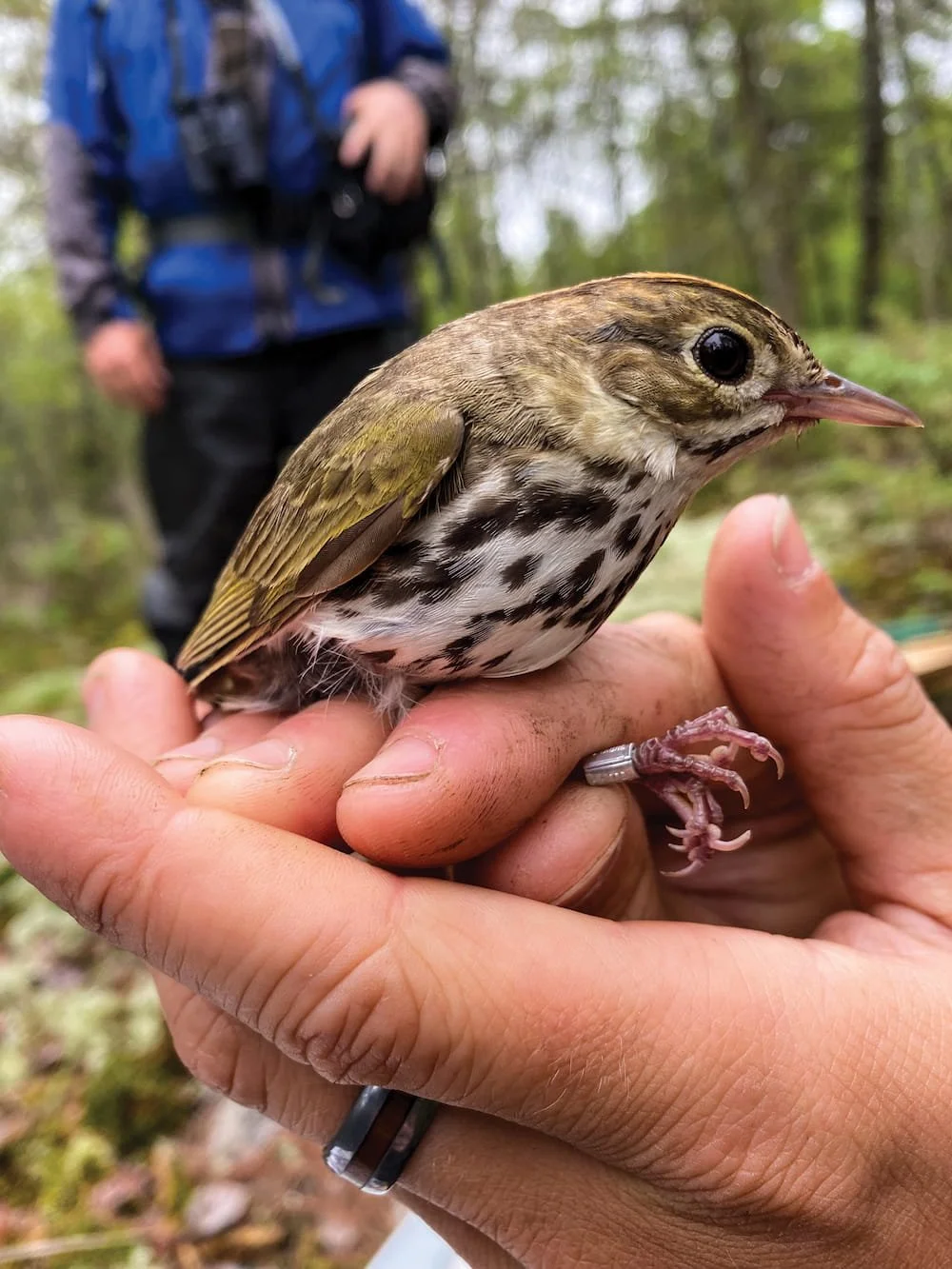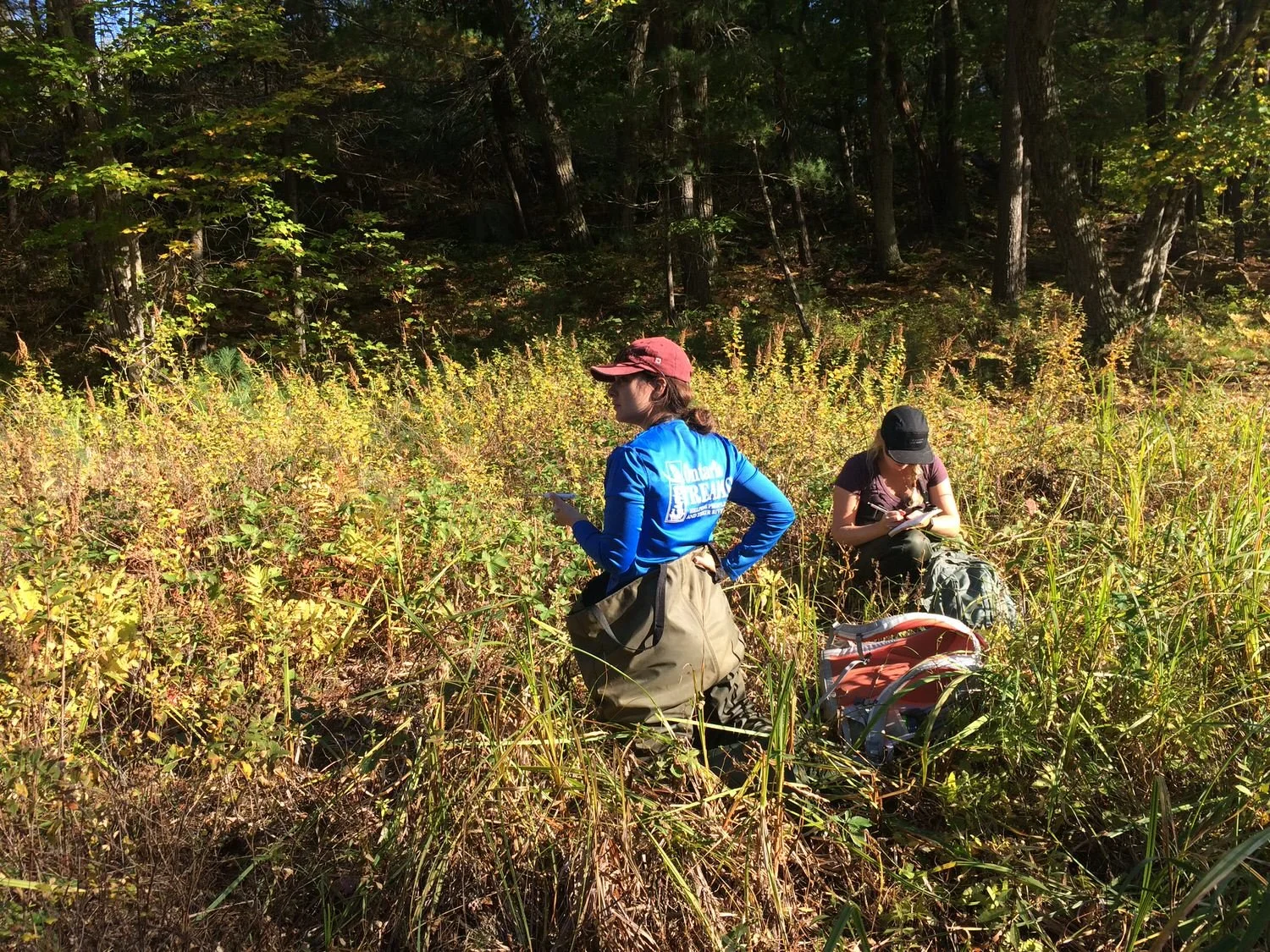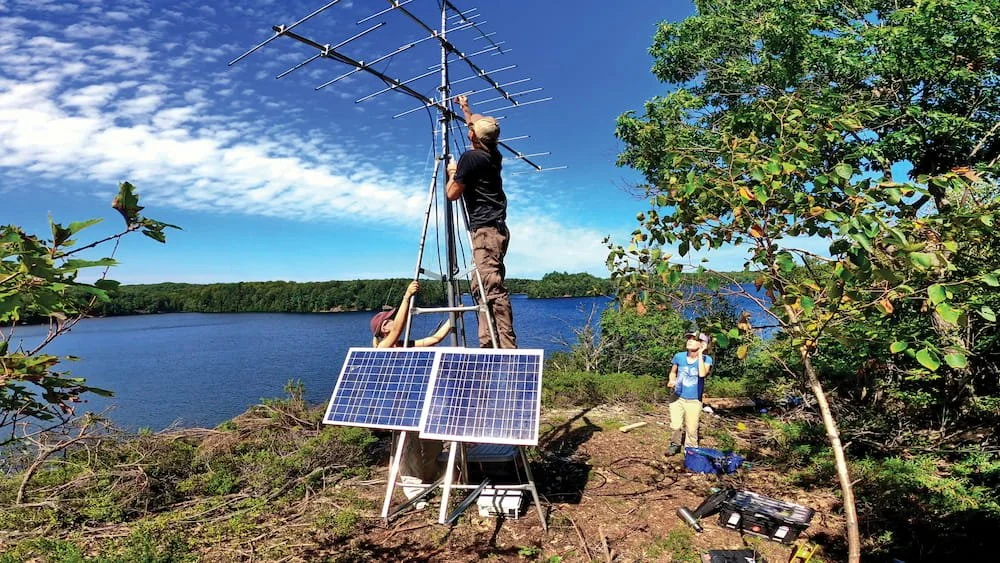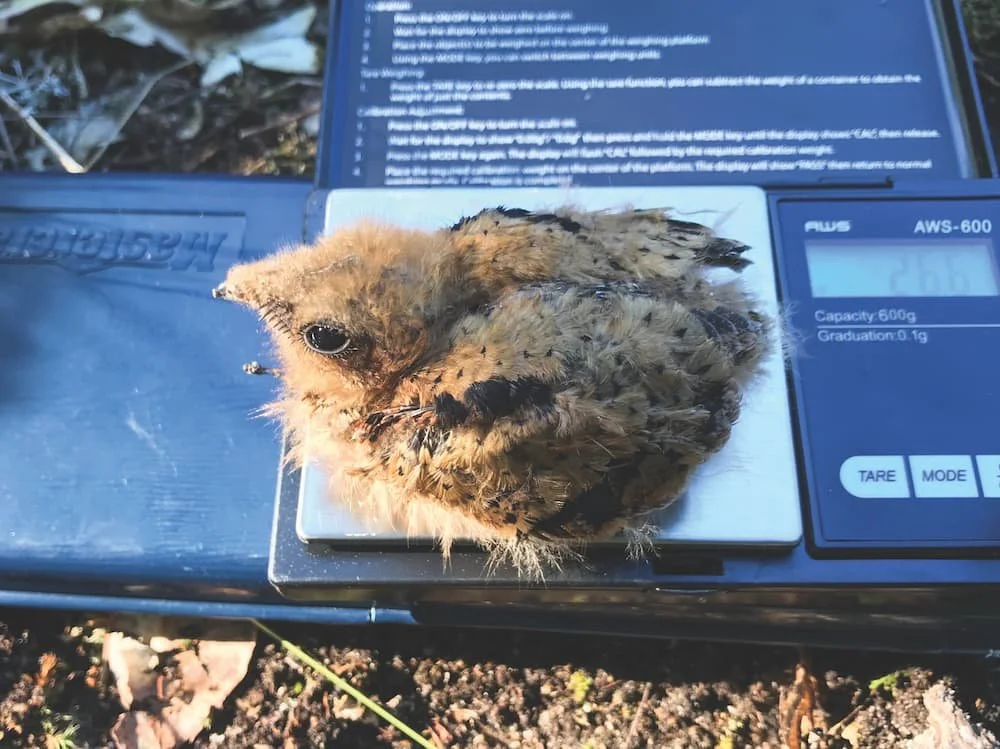LEARN
Advancing conservation through scientific studies
We conduct Land Trust-led research initiatives and partner with scientists to understand the Georgian Bay ecosystem and inform our conservation work.
Our projects aim to discover new information about the species and habitats most significant to the Georgian Bay ecosystem. Conducting research locally means we can apply our learnings directly back into the work we do – for example, knowing exactly which places need to be conserved to sustain a local bird population. We are pleased to collaborate with the wider world of conservation scientists and welcome researchers from a variety of institutions to bring their expertise to Georgian Bay.
Our current and past projects are listed below.
6 Current Research Projects
14 Motus Wildlife Tracking Stations
Current Projects
-
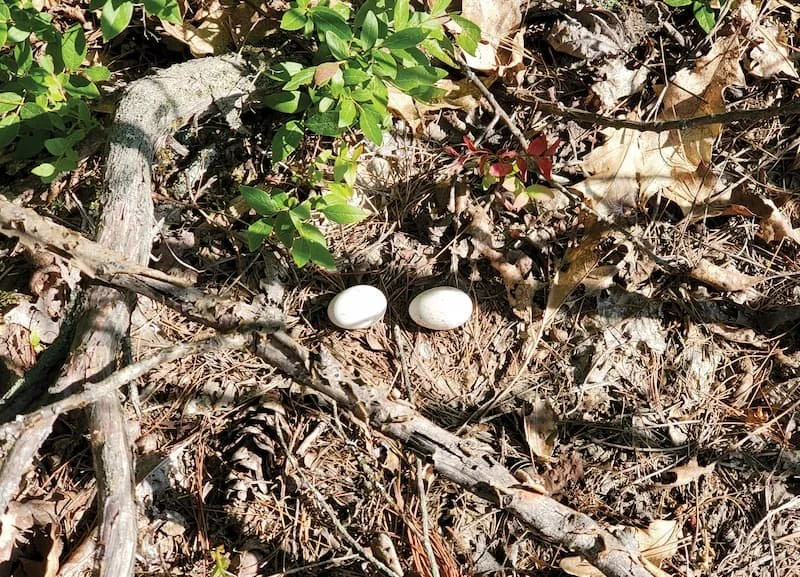
Eastern Whip-poor-will Breeding Habitat Study
We’re tracking Whip-poor-wills to learn more about nest sites and habitat usage during the breeding season.
Project dates: 2023 - Present -
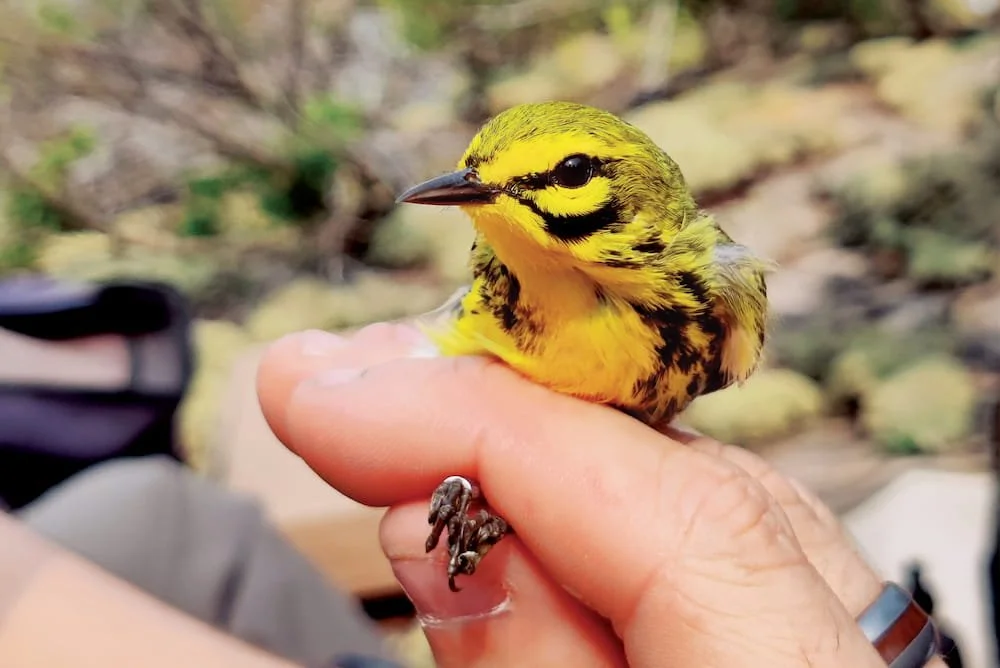
Prairie Warbler Population Study
Seeking to answer the questions: What are the unique needs of Prairie Warblers on Georgian Bay, and is this a distinct sub-population?
Project dates: 2023 - Present -
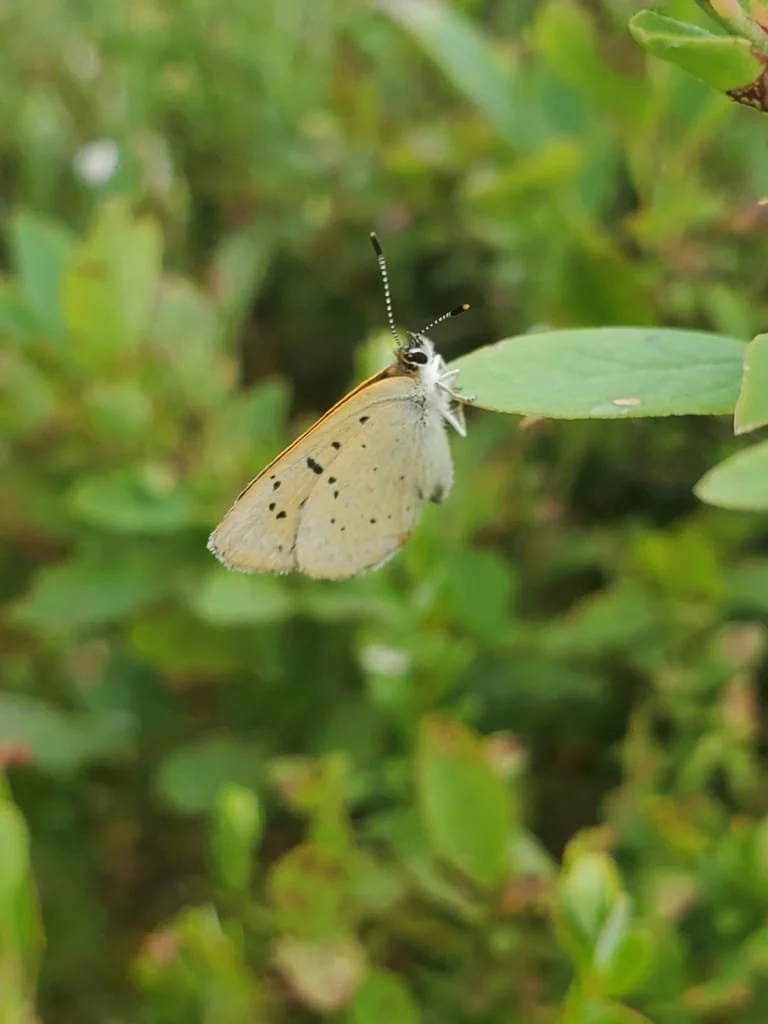
Bog Copper Genetic Diversity Study
Through DNA sampling, we aim to learn how island and mainland populations of this small butterfly differ, and whether they interact.
Project dates: 2025 - Present -
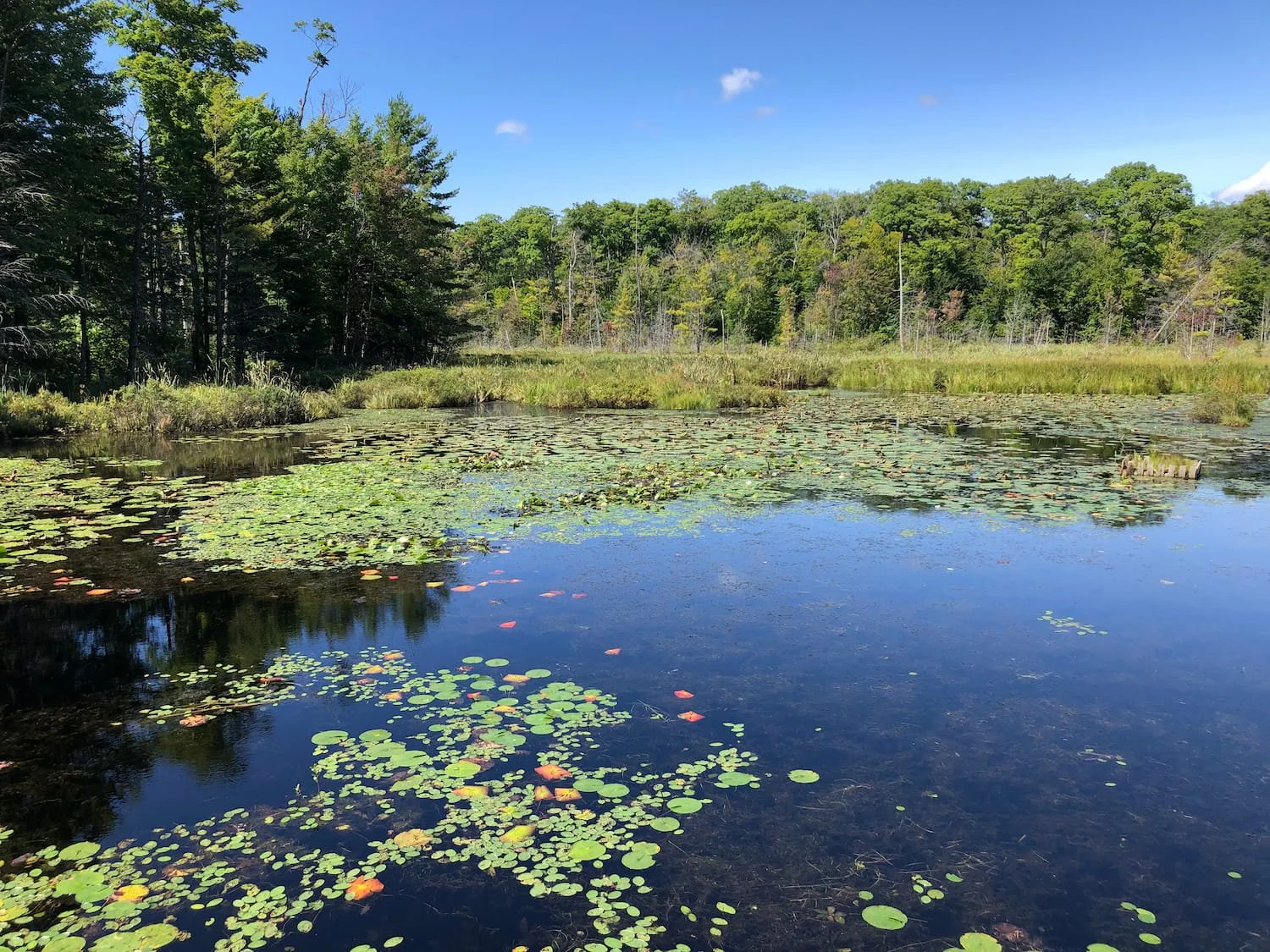
Coastal Wetlands Study
A multi-year dataset and assessment of species trends in coastal wetlands.
Project dates: 2025 - Present -

Motus Wildlife Tracking Stations
Our 14 Motus towers track migratory birds and insects, and connect Georgian Bay to international collaborative avian research.
Project dates: 2017 - Present
We also contribute to conservation science by welcoming visiting researchers to our properties.
Past projects include:
Bird migration studies
Fish habitat studies
Bat call monitoring
Wetland research
Salamander DNA sampling
Massasauga gestation site monitoring
Species at risk survey protocol development

